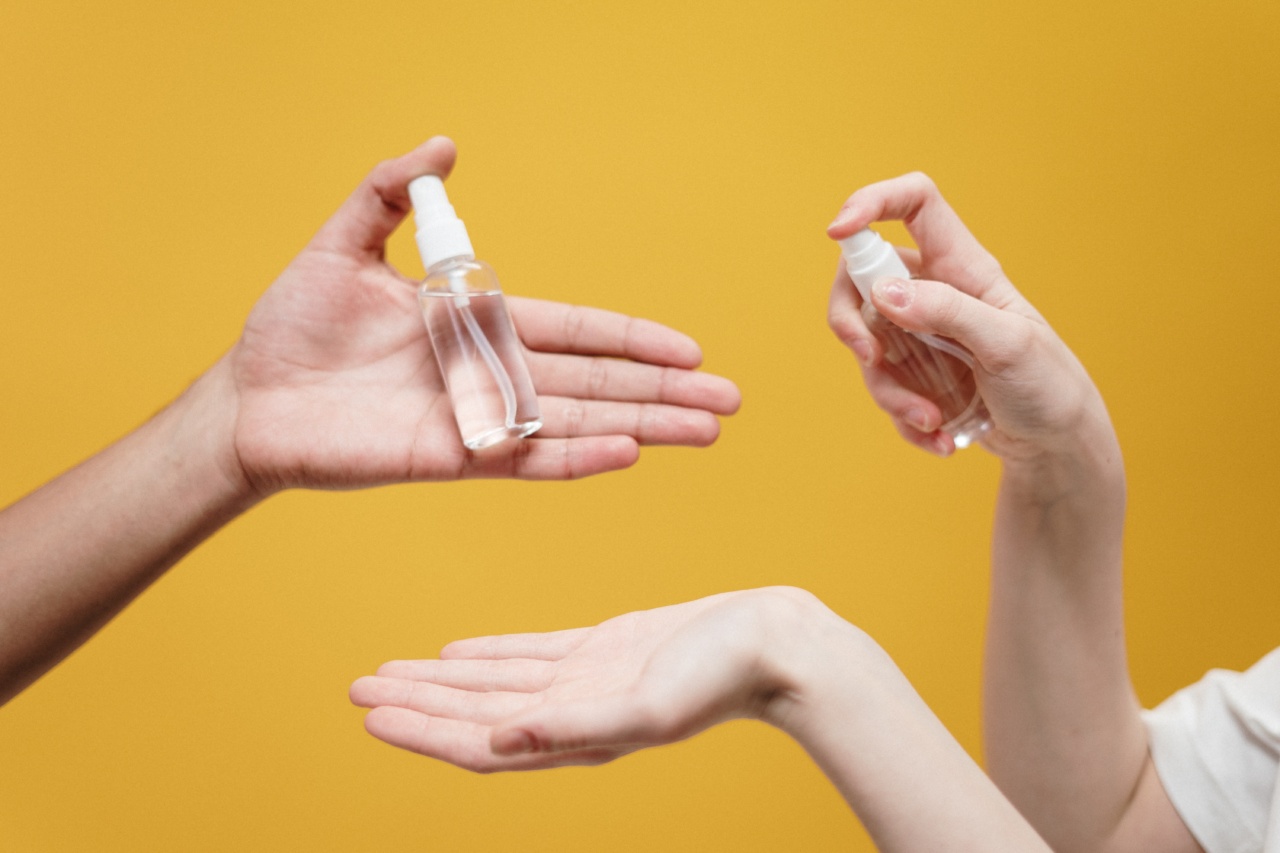While alcohol has long been known to increase the risk of cancer in the liver, esophagus, breast, and other areas, there is recently been more discussion around the idea of alcohol actually aiding in cancer prevention in some cases.
With conflicting research on the topic, however, it can be difficult to determine the truth of the matter. Below, we explore what researchers have found so far and whether or not alcohol can actually reduce cancer risk in some instances.
Alcohol and Cancer Risk
The link between alcohol consumption and cancer risk has been proven numerous times in the past.
Alcohol works as a carcinogen in the liver and other areas, which means it can trigger DNA mutations and harm our cells in ways that end up leading to cancer. According to the National Cancer Institute, any form of alcohol can increase cancer risk, although heavier drinking habits tend to exacerbate the issue.
In some cases, the association is more direct. For instance, people who smoke cigarettes and drink heavily are at especially high risk for developing head, neck, and throat cancers.
Cancer Prevention and Alcohol: What the Research Says
More recently, however, some studies have suggested that there may actually be a connection between cancer prevention and moderate-to-light drinking.
For instance, a 2019 study published in the Journal of Physiology found that drinking one glass of wine a day may help lower the risk of developing breast cancer. The same study also found some evidence that red wine may improve cardiovascular health and help to increase lifespan.
This study is far from the only one to tout the possible benefits of moderate alcohol consumption.
A 2018 meta-analysis of over 200 studies published in the journal Alcoholism: Clinical and Experimental Research found that light-to-moderate drinking may be linked to improved bone mineral density, a lower tendency towards heart disease, and a reduced risk of both type 2 diabetes and Alzheimer’s disease.
There are several theories as to why alcohol may provide these benefits. One such theory involves the antioxidant properties found in things like wine and beer.
Antioxidants can repair cell damage and reduce the risk of inflammation, which in turn may help prevent cell mutation that leads to cancer. In addition, alcohol’s impact on cholesterol and blood sugar levels may help to improve overall health and help reduce the risk of developing chronic conditions.
Finding the Right Balance
While it’s true that light-to-moderate alcohol consumption may have some health benefits, this doesn’t mean that drinking is the best way to lower cancer risk.
Heavy drinking is still associated with so many health problems that the risks far outweigh any benefits, and even moderate drinking can contribute to cancer in some areas (like the liver).
Ultimately, the key to staying healthy is to find the right balance. For women, this may mean limiting alcohol consumption to one drink a day or less. For men, two drinks a day or fewer is recommended.
Keeping alcohol consumption in check, however, does not guarantee that you won’t get cancer. Eating a healthy diet, exercising regularly, and having regular check-ups with your doctor are all essential steps for cancer prevention, no matter how much alcohol you consume.
The Bottom Line
While there is some evidence to suggest that drinking light-to-moderate amounts of alcohol may have certain health benefits, it’s not a given that alcohol can prevent cancer.
In fact, for many people, drinking can actually increase the risk of developing cancer in some areas of the body. It’s important to remember that moderation is key when it comes to drinking alcohol, and that there are numerous other steps you can take to lower your risk of cancer.





























